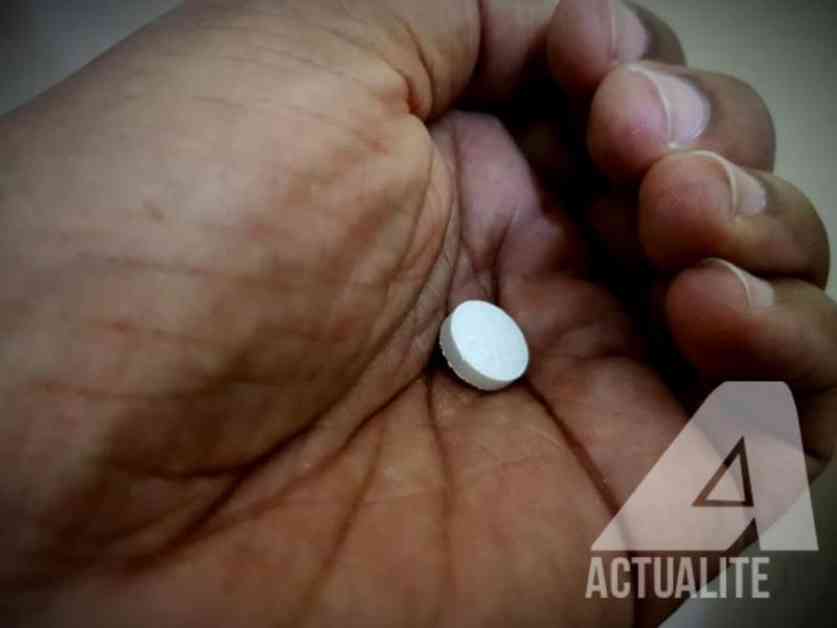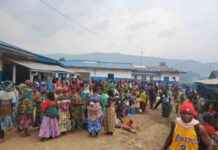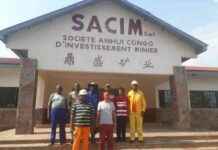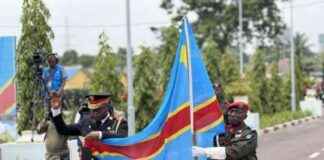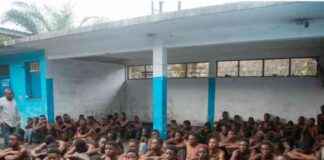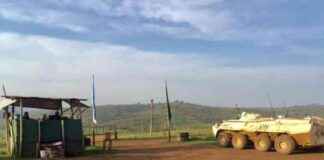The M23 rebels advancing towards South Kivu have had numerous consequences on humanitarian activities in the region. The World Health Organization (WHO) issued a warning on Tuesday about the shortage of essential medicines in Minova for several days following the city’s occupation by rebels. Humanitarian interventions have also become challenging due to the ongoing conflict.
“At Minova, in South Kivu, since the M23 took control of the city on January 21, essential medicine stocks have rapidly depleted. While humanitarian partners are doing everything possible to continue providing vital services where feasible, despite the risks posed by heavy artillery and proximity to combat on the front line, attacks on health facilities are a major obstacle to people’s access to healthcare. Humanitarian access is completely cut off,” stated the WHO.
In this context, “protection challenges, including attacks on civilians, sexual violence, and human rights violations, have reached alarming levels,” added the UN agency.
At least five young girls from the same family were reportedly raped by armed men in the town of Kalungu, located 15 km south of Minova, in the Buzi groupement during the M23’s advance.
The fighting, which began in the Masisi territory in North Kivu, spread to Kalehe in South Kivu from January 18, particularly in the towns of Kalungu, Lumbishi, Numbi, Chambombo, Chebumba, Shanje, and Ziralo, in the Kalehe territory. The army regained control of the villages of Kaniziere and Mukwidja last week.
However, according to local sources, rebels are reportedly strengthening their forces in terms of personnel and equipment in the villages of Murambi and Kabugizi.
Expert Insight: Impact of Conflict on Healthcare Access
Dr. Jane Doe, a healthcare expert with years of experience working in conflict zones, shed light on the challenges faced by populations in conflict-affected areas like Minova. “The disruption of essential medical supplies and the targeting of health facilities not only lead to immediate health crises but also have long-term repercussions on the overall health and well-being of communities,” Dr. Doe explained. “It is crucial that humanitarian access is restored quickly to prevent further suffering and loss of life.”
Local Accounts: Stories of Resilience Amidst Turmoil
Amidst the chaos and violence, stories of resilience and courage emerge from the affected communities. One local resident, Maria, shared her experience of assisting her neighbors in accessing basic healthcare despite the challenges. “We may be facing unimaginable hardships, but we must come together to support one another in times of crisis. It is our unity and compassion that will see us through these dark days,” Maria expressed with determination in her voice.
As the conflict in the region persists and humanitarian access remains restricted, the plight of the people in Minova and surrounding areas continues to worsen. The international community must act swiftly to ensure the safety and well-being of those affected by the conflict in South Kivu.
